By Gongbeat Ken
Ken Ugbechie
It appears some people do not want this scourge of terror to end. Each time someone of repute tries to draw attention to the gaps in our security offensive and proffer solution on how to end the insurgency and allied security matters, such a person is either scolded or tagged a merchant of trouble. Yet, everyday, the nation slides into deeper trouble, with no sign of abatement.
National Security Adviser, Babagana Monguno, a retired Major General, has fallen victim of this orchestrated onslaught against the voices of reason. For an interview he granted BBC Hausa Service recently in which he referenced the ongoing war against terror and allied crimes, he got a shellacking in the media. It was not the first time.
Rewind. February, last year, the same NSA came under heavy campaign of calumny for pointing out yet another anomaly. This time, it was about his being excluded from security briefings which he alleged in the letter were summoned at the behest of the late Chief of Staff to the President, Abba Kyari, without his consent. That underscores the dysfunction within the nation’s security apparatchik.
To properly situate the functions and imperativeness of the Office of the National Security Adviser (ONSA), it’s apposite to situate its history and duties in other climes with more successful and sophisticated security architecture.
Obviously, Nigeria copied the ONSA from the United States APNSA (Assistant to the President for National Security Affairs) which is more popularly referred to as the National Security Advisor (NSA). Created in the US as recent as 1953 in the Cold War era under the National Security Act of 1947, its duties include to coordinate defence, foreign affairs, international economic policy, and intelligence.
The NSA reports directly to the US President and it’s the duty of the NSA to brief the President on security situations regularly, especially in periods of emergencies and war. Within the United States security structure, the NSA is regarded as the person who has the ears of the President at all times, at the shortest notices. It’s regarded historically as the mother security office that birthed the creation of the Department of Defence and the Central Intelligence Agency. The NSA chairs security meetings in the absence of the President. That’s how critical the office is. Largely advisory, the NSA sits atop all the security agencies, monitoring operational efficiencies and strategies. He holds regular meetings with the heads of security agencies and he’s the first and last person to talk with the US president on matters of security. No compromise!
In Nigeria, the architecture is in many ways the same. The NSA has (or should have) the ears of the President at all times. Anything outside that is an aberration. Nigeria is not known to be entangled in wars whether internal or external like the US which maintains troops presence in virtually all parts of the world, but the raw audacity and siege of terrorists on the nation in recent years demands that the nation must up her game in military strategies, war tactics, combat readiness with regard to hardware stockpile and intelligence gathering. This was the veiled inference Monguno was making on both occasions when he had to write to the President or make explanations to probing journalists. He was pointing out the obvious gaps in the war against terror and adjunct crimes. He was explaining why the war has lingered atrociously. His explainer to the reporter on the state of the war and why it has dragged was not to indict any person but to allay the fears of Nigerians and to stress the commitment of President Buhari in the national quest to win both the war and the battle against insurgency.
Monguno, himself, is a thoroughbred military professional. By nature and by training, he’s not one to flap or let loose his tongue. Calm, taciturn and betrays no emotions even at moments of intense pressure. A man of the character of the NSA who runs away from headlines and media blitzkriegs suits his job. Aside the two incidents which grabbed the headlines, the NSA has remained largely self-effacing, limiting himself to his office, the president’s office and strategic international trips. You won’t find him frolicking at rendezvous, hobnobbing with politicians or making political utterances.
A man with such stealthy and furtive attributes fits the bill as NSA. It hardly needs stressing that whenever a man of such sly and coyish disposition voices any concern, he should not be ignored. Truth be told, there is something wrong with the manner Nigeria is prosecuting the war against insurgency such that what was limited to the north east has insidiously spread to all parts of the country with the insurgents adding the vicious acts of abduction, rape and brazen robbery into the mix.
Currently, Nigeria wears a notorious badge on matters of terror and cybercrime. In the 2020 Global Terrorism Index, Nigeria ranks third, only after Afghanistan and Iraq. Syria, Somalia, Yemen and India even have better record on terror than Nigeria. Sadly, it’s getting worse despite the huge budgets right from the era of Dr. Goodluck Jonathan as president. The nation is slipping deeper into the nadir of insecurity. Fear is everywhere. The pleasure of road trips has turned to pain. Businesses have shuttered because of insecurity. Uncertainty is the enemy of investors. Because of insecurity foreign direct investments have dropped significantly. When factories and other businesses close shop, jobs are lost. Poverty multiplies and desperation heightens. Allied to this is a surge in crime and criminality.
Monguno is the archetypal saint among sinners. Those who vilify him for alerting the nation to a structural dysfunction in the security apparatchik obviously do not mean well for Nigeria. The war against insurgency has cost the nation blood, human blood. It has cost money, stymied the economy, stunted education and learning, polarised the nation along traditional fault lines of religion and ethnicity, chased away investors and cast a pall of fear across the land. Every well-meaning Nigerian wants an end to it. Monguno is merely echoing the voices of these well-meaning Nigerians. His is a patriot’s rousing, jarring us out of our self-induced numbness.
The loud and strident call on President Muhammadu Buhari by Nigerians to change the service chiefs was a clear evidence that public trust in the security agencies to contain insurgency had waned considerably. Those who throw jabs at Monguno should look to the gory statistics. Students in their scores and hundreds are abducted from schools in Kankara, Jangebe, Dapchi, Chibok…a long list. Does this give Monguno’s critics pleasure? Do they profit from this fight against insurrection such that they don’t want it to end? Monguno seems to be walking alone. But it’s normal in abnormal times. These are abnormal times in Nigeria’s march to nationhood. Monguno should not be discouraged. The voice of righteousness is not measured by its loudness, it’s measured by its purity. The NSA should count it all joy when they unleash the flood of persecution and victimisation on him. That is the price a saint pays among sinners. But at the end, the wind shall surely blow and the hidden rump of the fowl shall be exposed. Time is always pregnant.













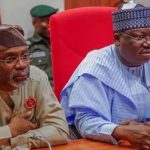
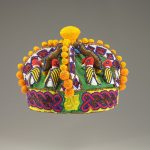






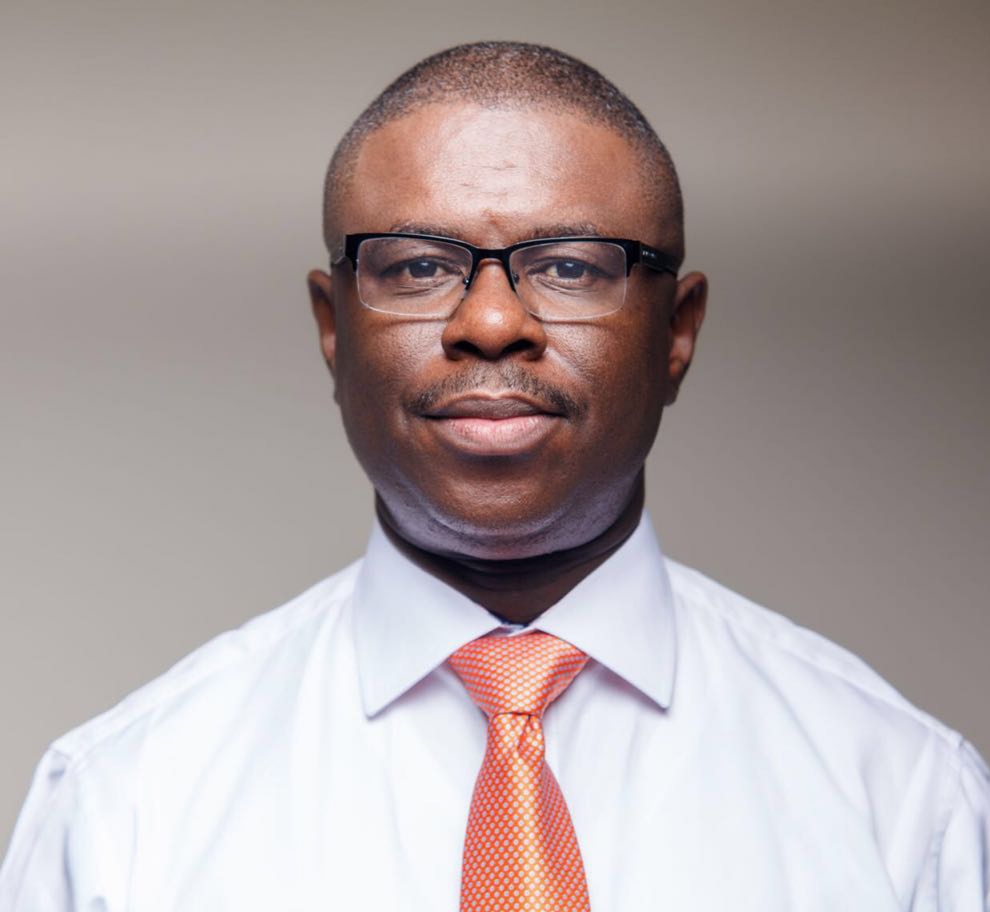

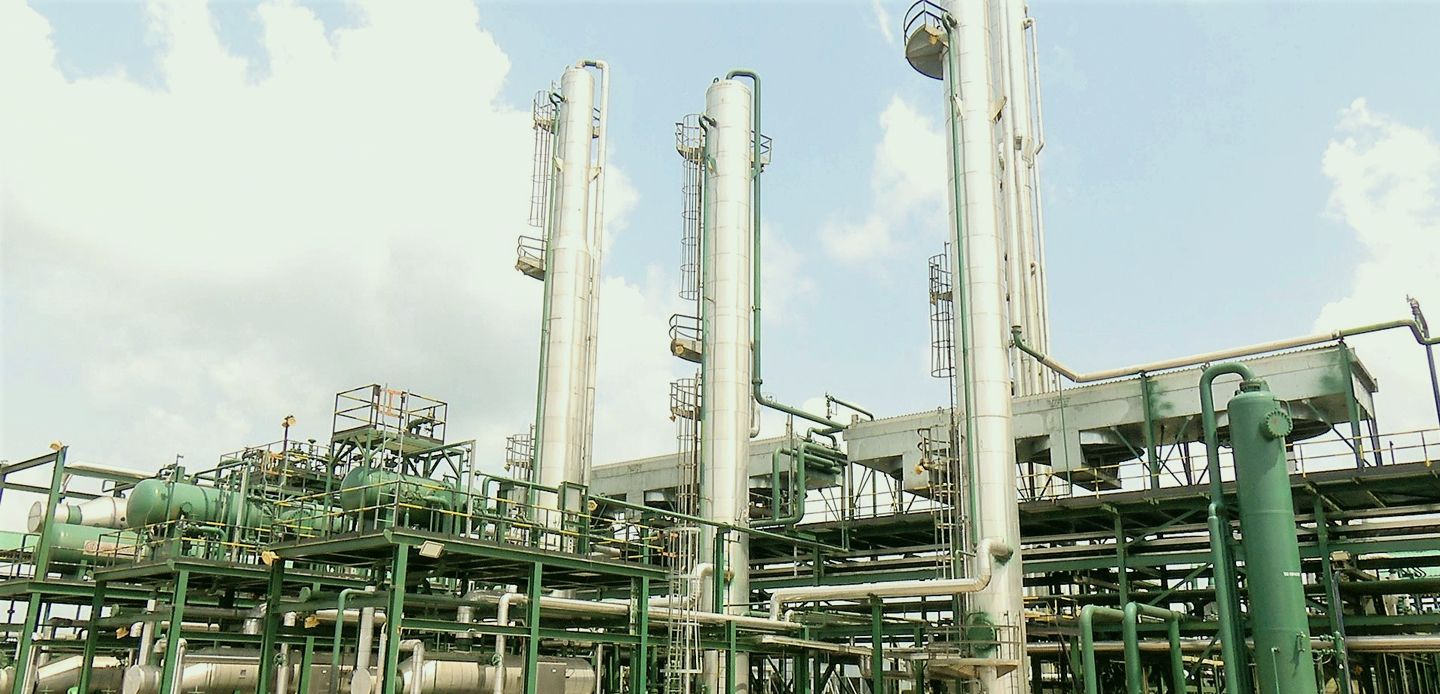
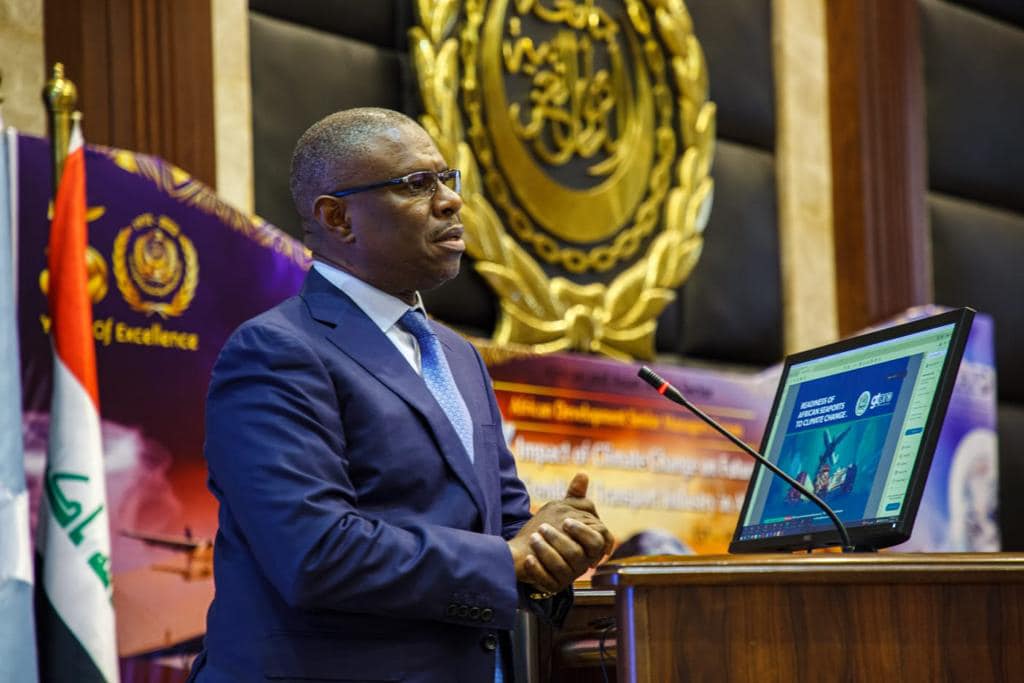

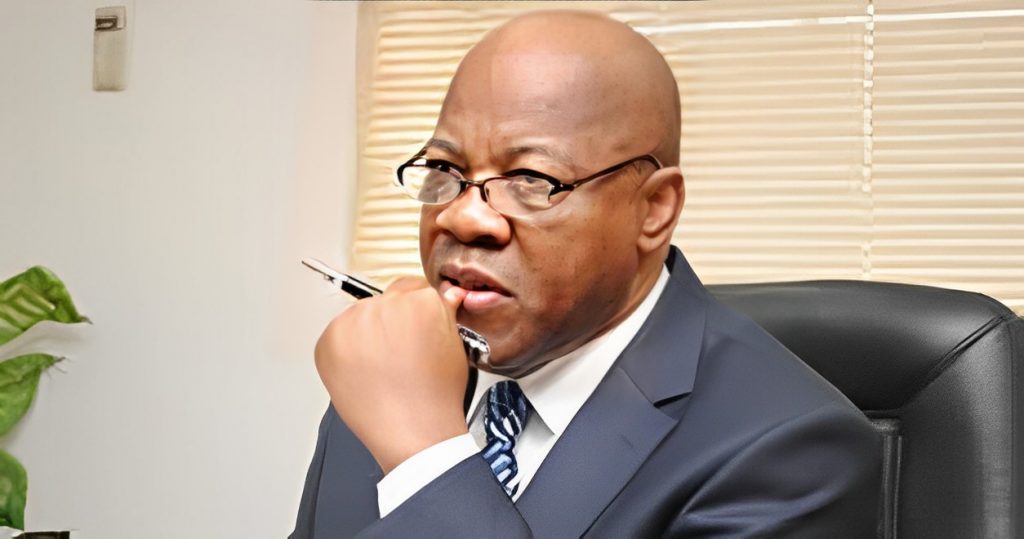
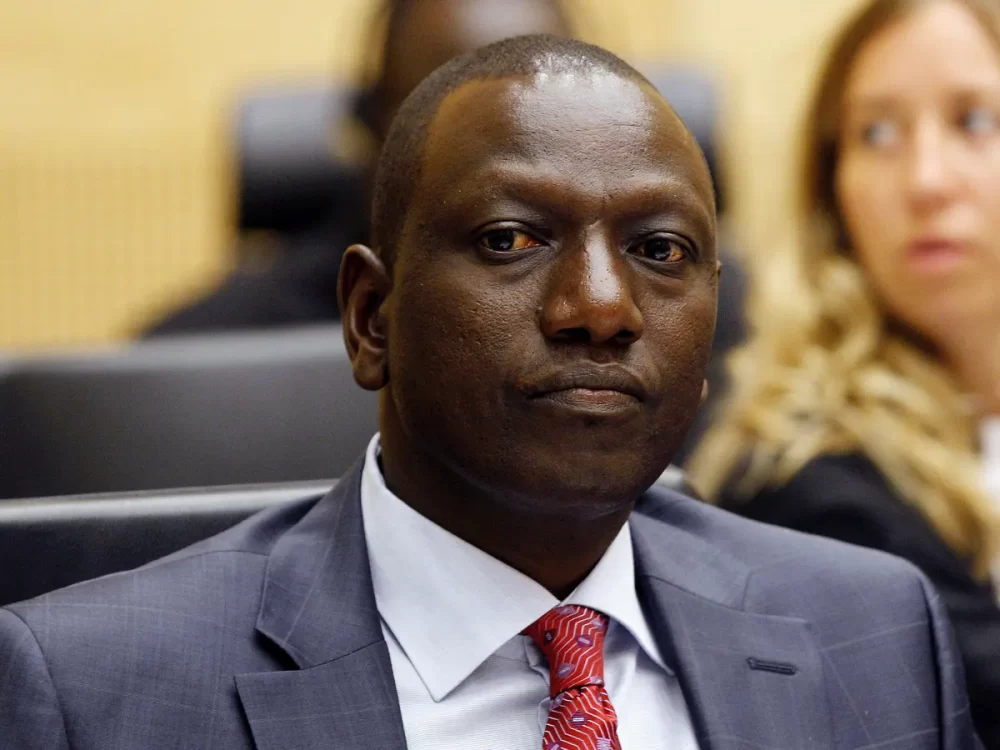
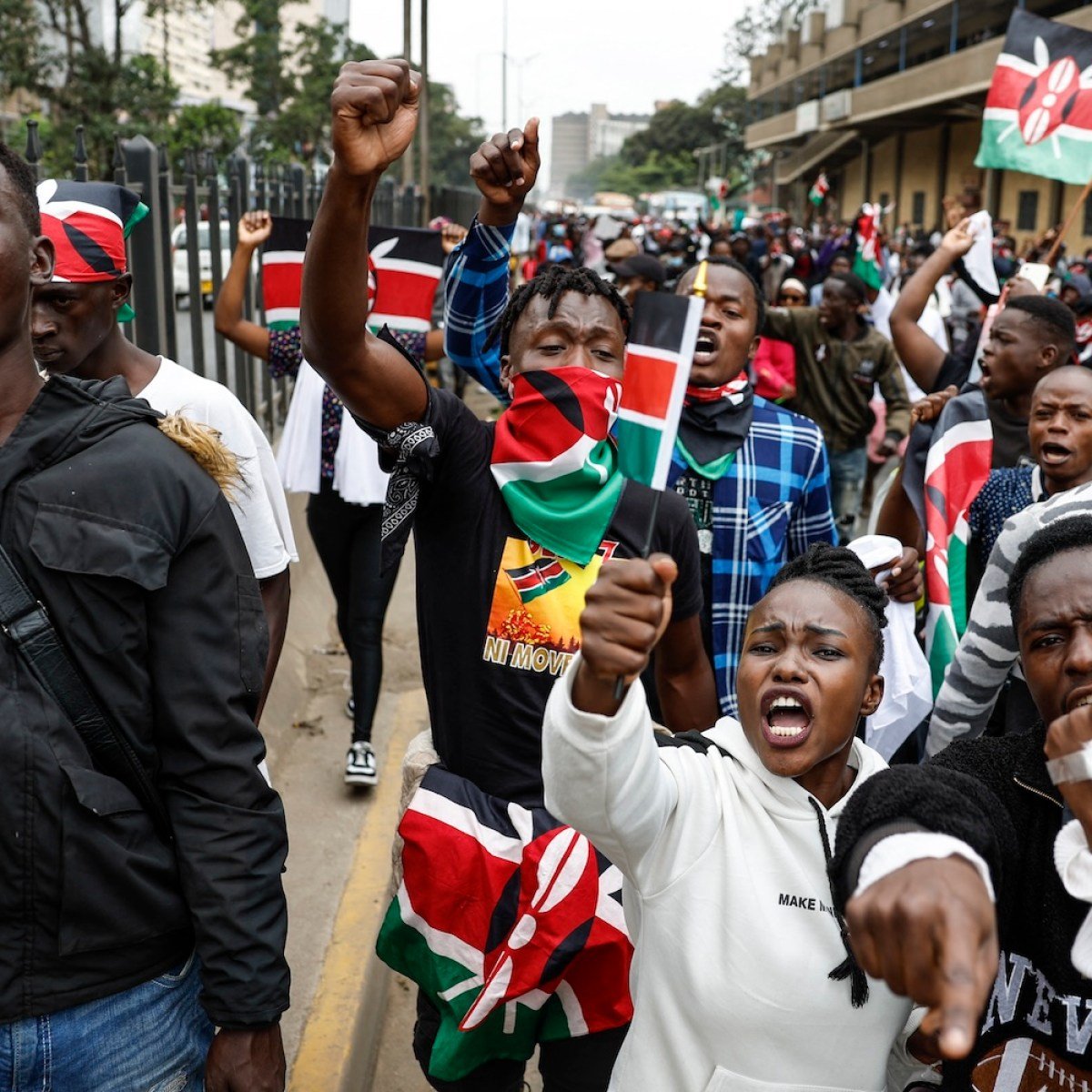


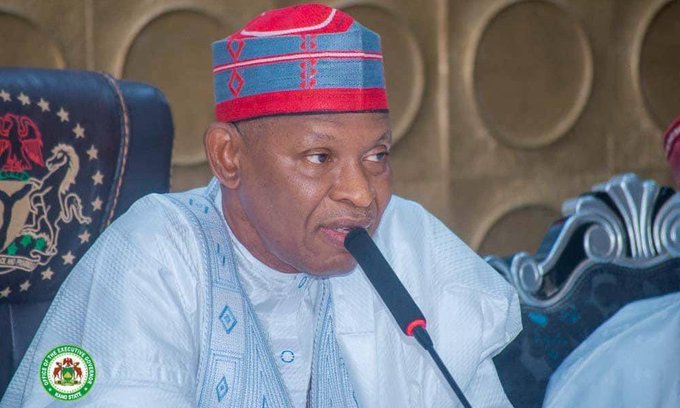
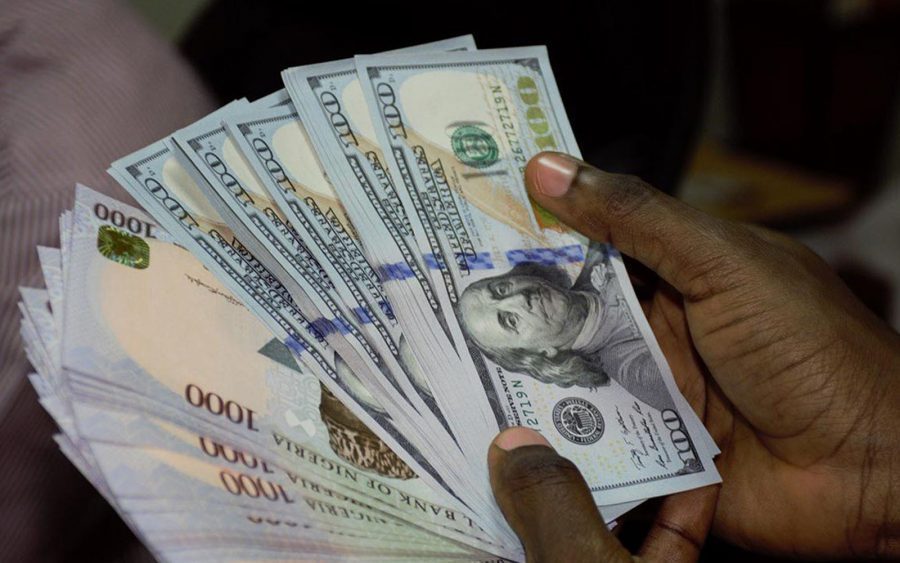
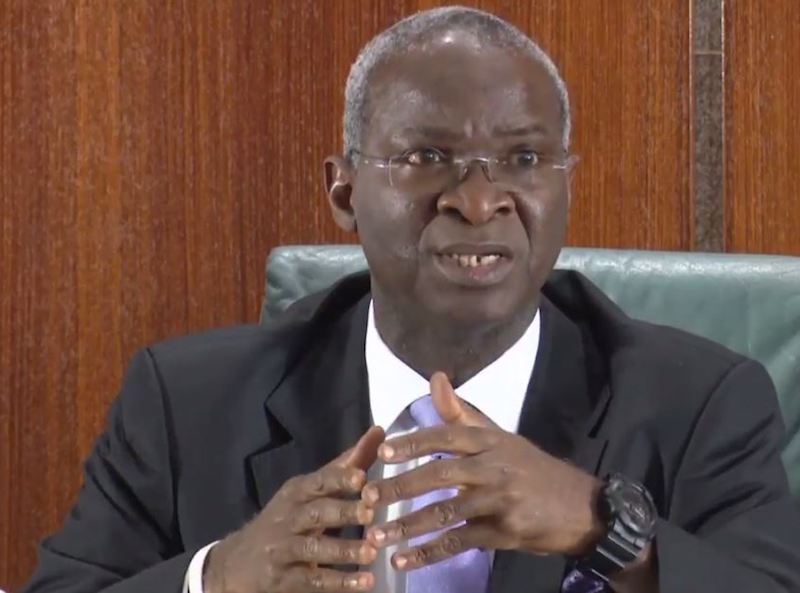
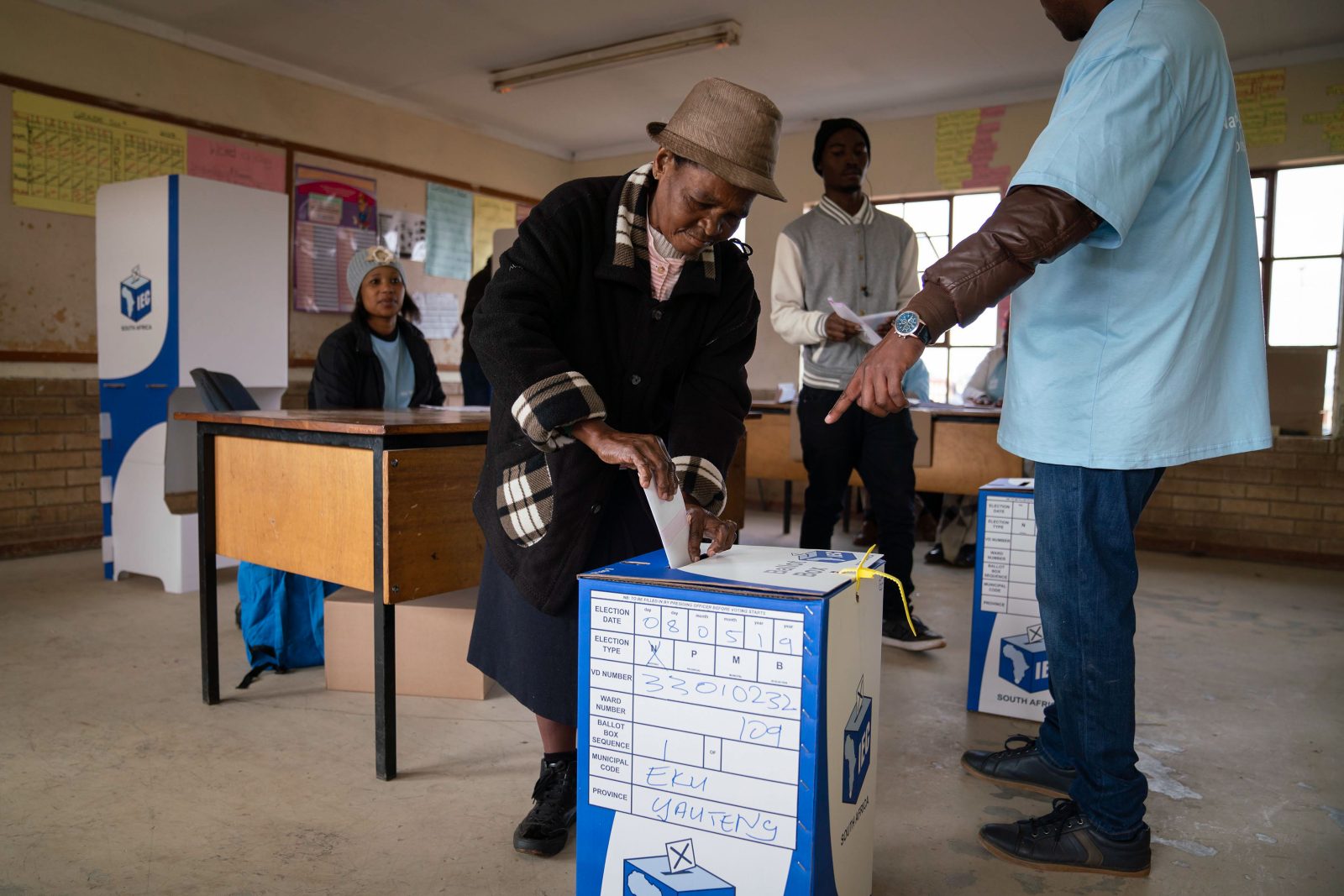

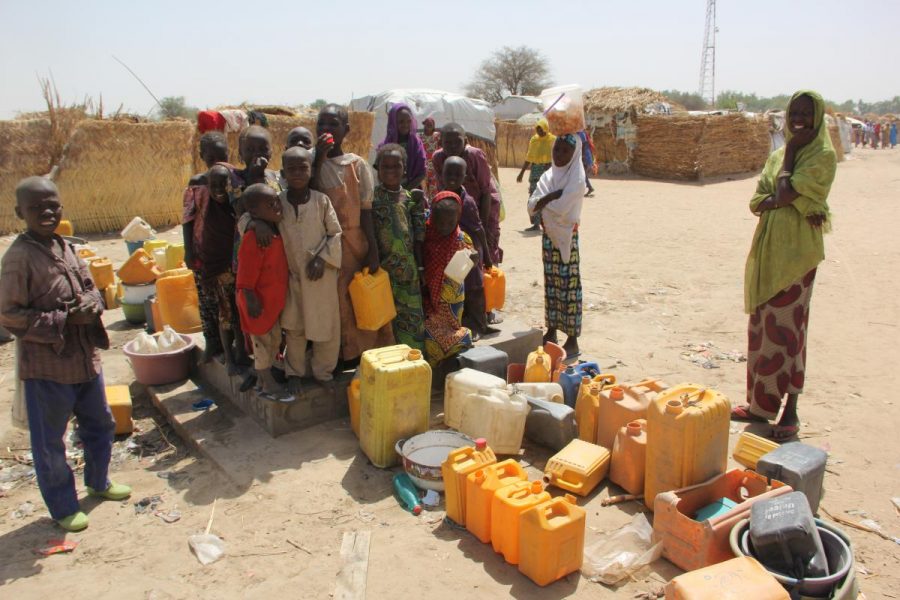
Leave a comment